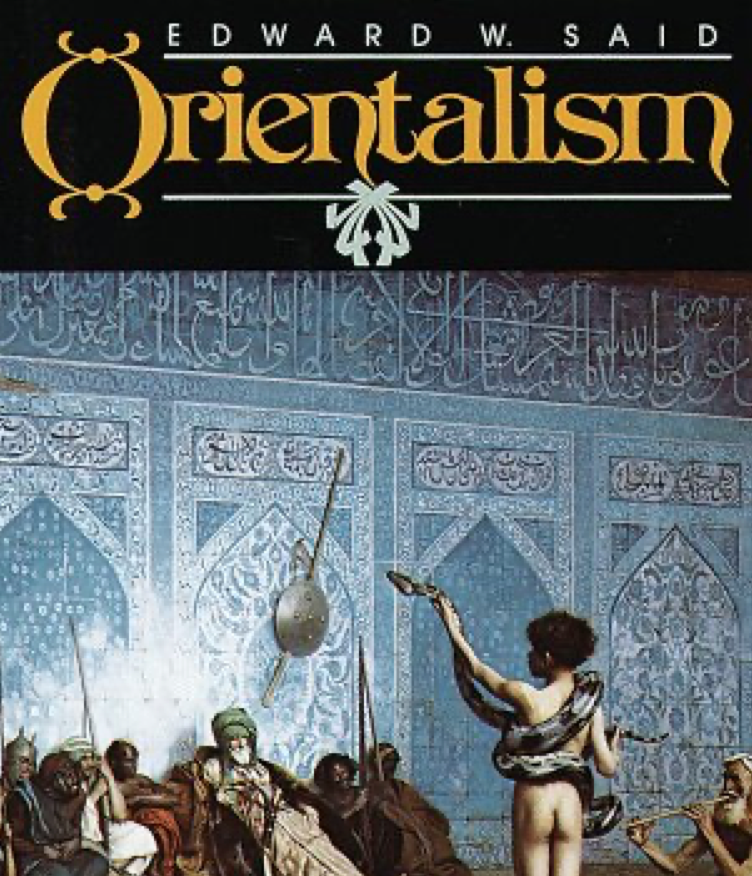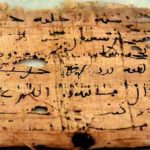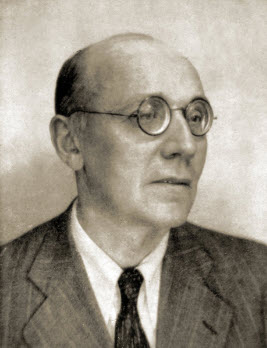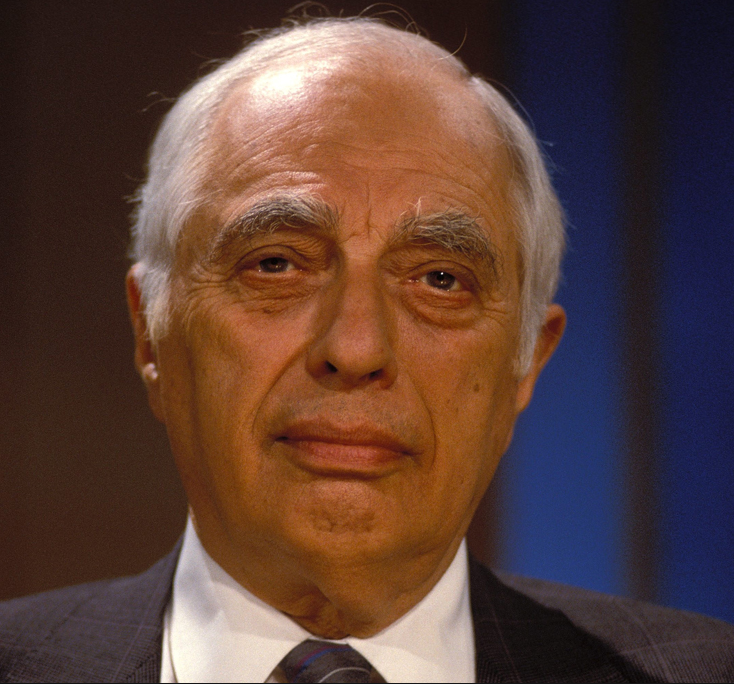
I would like to say something in defence of Orientalists,[1] to counter the widespread defamation of them among intellectuals of traditionalist Islam, the Islamic far right and those who mourn the passing of the religious isolationism of the Hanbalites. For over eight centuries these last have prohibited the teaching of the ‘Greek interloper sciences’ where these touch on the Qur’ān and the Sunna, as if they constituted the two sole, vital conditions for a Muslim to win happiness in this world and the next!
IN THE VIEW of such as these, the Orientalists are simply contemporary heirs to the ‘interloper sciences’, and whom the traditionalist Islamic far right considers are bringing with them infiltrating sciences more threatening to Islam than those ancient interloper sciences. They hold that the Orientalists are forming a fifth column in an ‘intellectual war’ against Islam. Whereas, in fact, the Orientalist is rendering them a distinguished service in his study of the Qur’ān and the Prophet in the light of modern scholarship – in particular the science of philology (a historical discipline that takes for its theme the study of the knowledge of past societies via its extant written documents which have long fallen into oblivion) – something that is far removed from these old arenas of conflict.
Edward Said committed a grave historical error, possibly deliberately so, when he held that the Orientalists (with the exception of a few such as Jacques Berque) constituted a fifth column of the imperialist armies, and in so doing he presented a free gift to the Islamic far right who are at times violently sensitive to any approach made to the history of Islam through modern scientific methodologies – which they both prohibit and criminalise.
The Orientalists’ historico-critical methodology was actually used by themselves on their own heritage, (and during the 19th century they also applied it in part to the heritage of Islam), and the result of this was the elaboration of an enlightened Judeo-Christian theology.
Orientalists worked for an enlightened Islamic theology to raise the standard of Islamic thought
Orientalists also worked for an enlightened Islamic theology – on the model of the enlightened theologies of Christianity and Judaism – with the aim of raising the standard of Islamic thought to the level of knowledge as exists in a rational and scientific age. They strove to help Muslim intellectuals dispense with sterile methodologies, those employed by believers for believers, when the majority of Muslim intellectuals were – and to a large part still are – approaching our religious heritage on the understanding that ‘nothing can possibly improve upon it!’
The Orientalists’ historico-critical method influenced the Arab and Islamic cultural elites of the 20th century, and these last attempted – with varying degrees of success – to fashion an enlightened Islamic theology and vision of Islam’s history that differed from the traditionalist, sterile vision.
For instance, Taha Husayn applied (at times cautiously) this historico-critical method, in two of his works in particular: On Pre-Islamic poetry and The Great Sedition. So did Mansour Fahmi in his university doctorate on women: The conditions of women in Islam, and Ahmad Amin in his three-part work: The Dawn, Noon and Afternoon of Islam, and ‘Abd al-ʽAzīz al-Dourī in his studies on the history of Islam and his work Historiography. Louis Awad did the same in his numerous contributions, particularly his work Arabic Philology, which was banned by al-Azhar, and in his work on the popular legends of the Banū Hilāl, as also Hichem Djaït in his work The Great Fitna. The translation of Orientalists ‘ writings and what they have to say concerning the Qur’ān, Muhammad and Islam, will make a fundamental contribution to understanding these in a historical sense and effect a break with the glorification style of writing on these subjects that prevails today, a style which is long on rhetoric but short on substance.
Were it not for the likes of Nöldeke, Blachère, Watt and Rodinson – just to take the most famous of these classical writers – the Qur’ān and his Prophet would have remained a mystery to us, and this despite the fact that there are still three books in German on Muhammad, dating from the 19th century and which remain to be translated. Were it not for contemporary Western political and sociological studies on the phenomenon of political Islam, and in particular its far right, most of the intellectual élite in Islamic lands would not have been enabled to approach the phenomenon and analyse it. Analytical works of the likes of Gilles Kepel, Jean-Pierre Filiu and other European and Anglo-Saxon experts, constitute a precious resource for understanding the phenomenon of Islamism in many of its manifestations, while the truth is that some of what has been written in Arabic is not worth the trouble of reading.
How can we forget the dozens of other names that have cast valuable scholarly light upon Islam, its history and its personalities and which, moreover, have trained generations of enlightened university graduates in Muslim lands? Of these great teachers I could mention Goldziher, who analysed Qur’ānic commentaries with modern scientific concepts; Blachère, who presented the first – and alas! – the last philological translation of the Qur’ān; Massignon, the first and most important writer to introduce Sufi Islam in his work The Crucifixion of al-Hallāj, in addition to his other studies casting the spotlight on Islamic art, Islamic logic and Arabic grammar.
How can we forget the names that have case valuable scholarly light upon Islam?
There is also H.A.R. Gibb, who may have been the first to expose the incapacity of the Arab intellectual to write using rational concepts which are alone productive of a scientific and philosophical rationality and of effective morals. Gibb interpreted this, however, as a characteristic of primordial Semitic thought, something that was incapable of forming syntheses. In my view it is more properly to be accounted for by the influence of the Qur’ān, in which the logical connection between chapters and verses is absent, in addition to the symbolic nature of God who is active in what, how and when He so wishes, and whose sole weapon is magical thought: Verily, when He intends a thing, His Command is, “be”, and it is! [Qur’ān XXXVI,82] – that is, the ability to force reality to yield results in contradiction to its own laws. This religious climate stands square against to scientific development.
There is Adam Mitz, who in his book The Arab Empire explained how the wasteful, luxurious consumption of the caliphs prevented the accumulation of capital and the emergence of a productive economy. There is Henri Courbin, who analysed Shīʽa thought in the light of modern sciences; Larousse, who offered in his analyses of Ibn Taymiyya an example of the modern study of Islamic personalities; Claude Cahen, who was the first to analyse the financial crisis which led to the fall of the Umayyad Caliphate; Louis Garoudi, who explained how all of the Arab philosophers were in fact scholastics rather than actual philosophers.

Suggested Reading
There is our friend Jacques Berque who, in addition to his other valuable contributions, presented the first literary-standard translation of the Qur’ān along with an analytical introduction which, to a certain extent, was iconoclastic in that he saw in the repetition of the verb yaʽqil (‘understand’) 40 times in the Qur’ān an evidence of its insistence upon the employment of the intellect and overlooked – most probably out of courtesy – all of the magical ‘unseen’ thought permeating most of its verses. Yet in his analytical foreword he advanced some important historical, sociological and jurisprudential observations.[2] There is also Chouraqui, who presented an elegant translation of the Qur’ān, tracing its religious terminology to their origins in the Torah; and Van Ess, who in his criticism dusted off the Muʽtazila’s achievements in rationalism.
And finally Bernard Lewis, who presented a rich critical approach to Islam and its contemporary spokesmen, something of great value to every Muslim who has the maturity to broadmindedly accept criticism and carry out some courageous self-criticism to take advantage of it, if he wishes to escape from the religious narcissistic trap that has closed in upon him, which has set Islam on the path of decadence, and which – in the view of global public opinion – continues to inflict serious damage upon Islam and the interests of Muslims.
[1] This text is translated from Lafif Lakhdar’s major work من محمد الايمان الى محمد التاريخ (‘From the Muhammad of Faith to the Muhammad of History’), Manshūrāt al-Jamal, 2014, pp.21-26.
[2] The Muslim Brotherhood in Egypt launched a bitter attack on him, accusing him of falsifying the Qur’ān, for the fact that he adopted the theory of ‘Alī ‘Abd al-Rāziq in his work Islam and the Foundations of Government, whereby Islam is a religion but not a state, and that Muhammad was a ‘communicator’, that is a messenger, and not one who had been empowered, or a sovereign. The campaign was led by Muhammad ʽAmmāra who, according to Berque, was not familiar with the French language.
Main image: Cover page of the first edition of Edward Said’s Orientalism, 1978, showing part of The Snake Charmer (1880), an Orientalist painting by Jean-Léon Gérôme (1824–1904).


